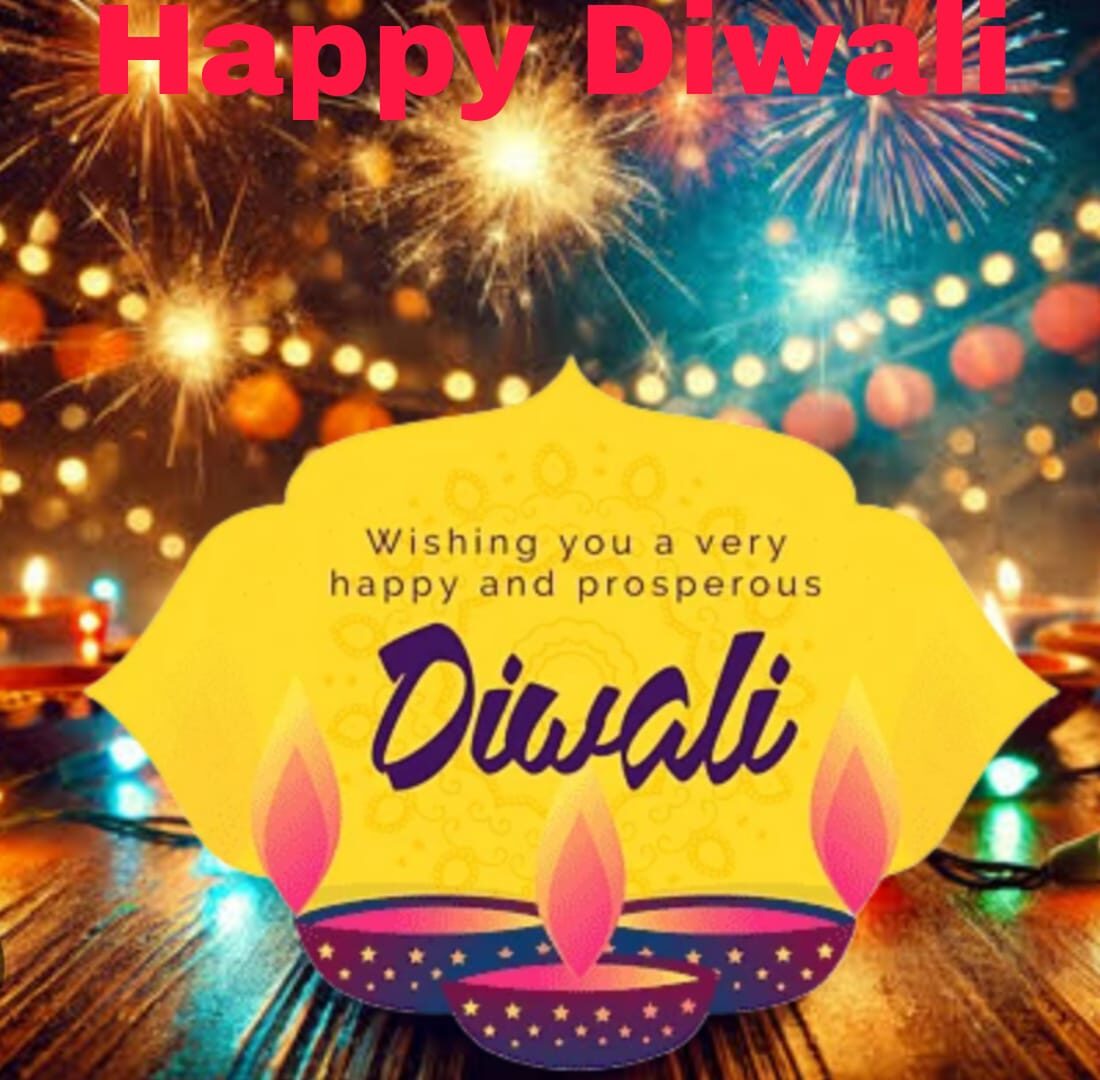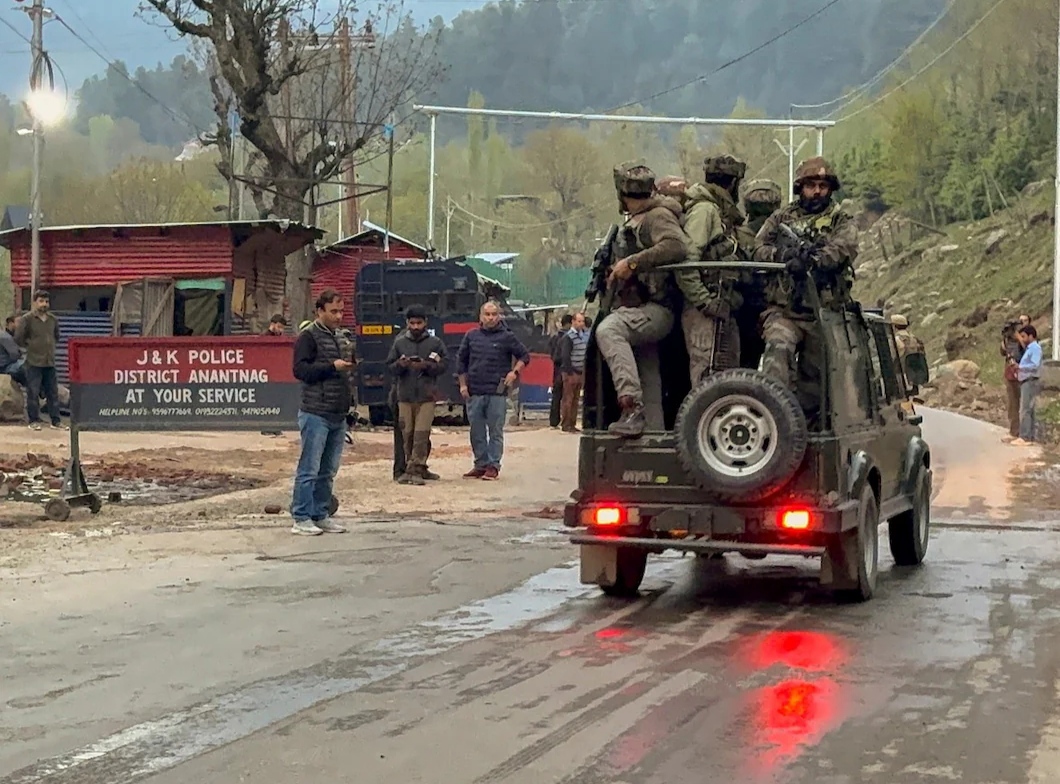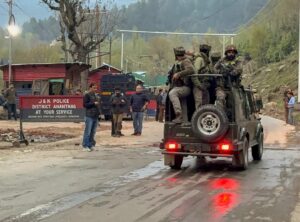Get help
Judicial officials
Our work
Resource
Uncategorized
#Diwali 2024 Dates, #Diwali Festival Schedule 2024, Best Ways to Celebrate Diwali, Bhai Dooj 2024 Date, Choti Diwali 2024 Date, Dhanteras 2024 Date, Diwali 2024 Calendar, Diwali Celebrations 2024, Diwali Puja Timings 2024, Diwali Traditions and Rituals, How to Celebrate Diwali 2024, Lakshmi Pooja 2024 Date, Significance of Diwali 2024
ZeroToHero
0 Comments
Diwali 2024 : When is Diwali, Choti Diwali, Bhai Dooj, Dhanteras, Luxmi Pooja? check out the dates for 5 days of festival of lights date of diwali is 31October -1 November
Diwali is a major festival of Hindus, it is celebrated every year, Diwali which is also known as Deepawali, is a major and beloved festival of hindus. This festival is celebrated every year on the Amavasya of Kartik month, on this day people decorate their houses with lamps (Diyas), rangoli or twinkle lights. And there is a deep religious, Sanskrit and social meaning hidden behind it. In this article, we will elaborate on the history of Diwali, its significance, traditions of the festival, current challenges and the practice of environmental awarenes.
Importance of Diwali :-
Diwali originated in India a long time ago, when it was celebrated as a Krishi festival. At this time the rainy season ends and crops are harvested. In historical context, this festival is celebrated in honor of Lord Ram’s death in Ayodhya. When Ram, Sita and Lakshman reached Ayodhya after completing their exile of 14 years, the Ayodhya palace welcomed them with deep water.
Apart from this, Diwali is also related to the worship of Goddess Lakshmi. It is believed that on this day Goddess Lakshmi has come into the house and has given the blessings of prosperity, wealth and happiness. Lord Ganesha is also worshiped on this day, who is known as the god of knowledge and wisdom.
The five days of diwali include Dhanteras, Naraka Chaturdashi (choti Diwali), Diwali, Govardhan Pooja and Bhai dooj. Each day of Diwali celebration has its own rituals and significance. Know all about them below.
Day 1: Dhanteras Dhanteras, also known as “Dhan Trayodashi”, is the first day of the Diwali festival. This festival is mainly celebrated to worship Kubera, the god of wealth and prosperity. There is a tradition of buying new utensils, jewelery and gold and silver items especially on Dhanteras. It is believed that shopping on this day prevents shortage of money in the house and increases prosperity. Goddess Lakshmi is also worshiped on this day, who is the goddess of wealth and prosperity.
Day 2: Naraka Chaturdashi Narak Chaturdashi, also known as Kali Chaudas or Chaudas, is the second day of Diwali festival. This festival is mainly celebrated for freedom from evil spirits and spiritual purification. Narak Chaturdashi gets its name from “Narak” (Narak means hell) and “Chaturdashi” (fourteenth day). It is believed that taking a special bath before sunrise on this day frees one from ghosts. On this day people pray for the peace of the souls of their ancestors.
Day 3: Diwali The festival of Diwali has many religious and cultural significance. It is known to celebrate the return of Lord Rama to Ayodhya after his victory over Ravana. Mother Lakshmi, the goddess of wealth and prosperity, is welcomed on this day. People welcome them by cleaning their houses, decorating them, and lighting lamps (diyas).
Day 4: Govardhan Pooja Govardhan Puja, also known as Annakoot or Govardhan Utsav, is celebrated on the second day of Diwali. This festival is celebrated to commemorate the incident of Lord Krishna lifting Govardhan Mountain, when he protected the people of Gokul from the wrath of Lord Indra.
Day 5: Bhai Dooj Bhai Dooj, also known as Bhai Dooj or Bhai Teej, is the last day of the Diwali festival. This festival is celebrated to celebrate the brother-sister relationship and wish for the brothers long life and happy life.
Summary :- Diwali, also known as Deepavali, is a major festival celebrated in India and especially in the Hindu society. It is celebrated every year between October or November, on the Amavasya of Kartik month, and is a five-day festival. Its basic principle is to bring light from darkness.






Post Comment